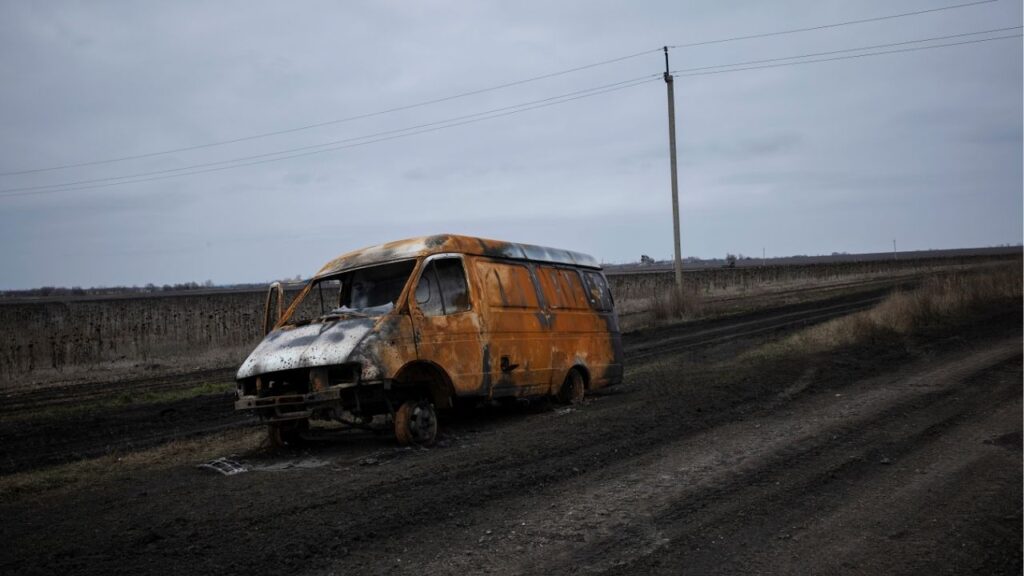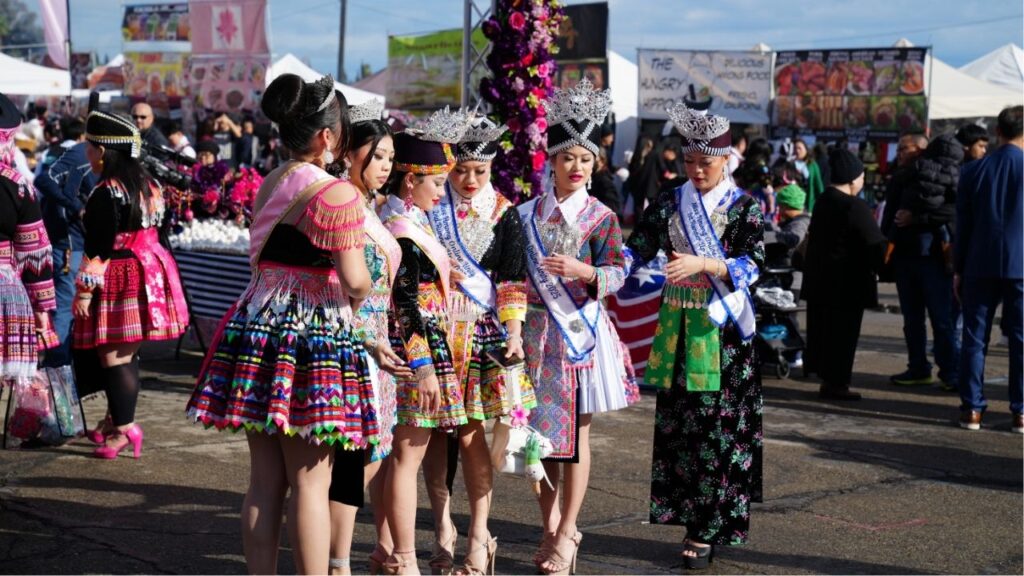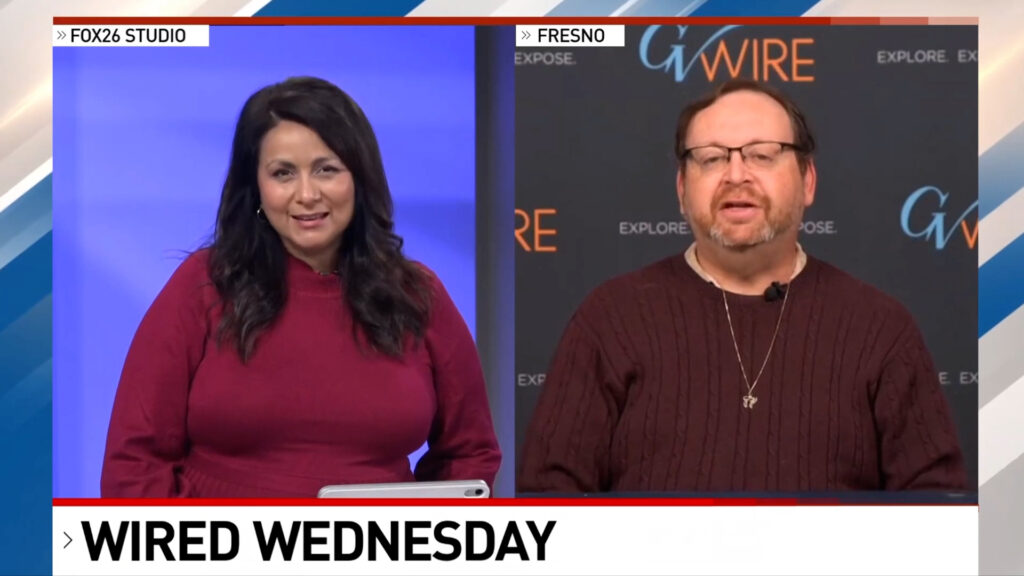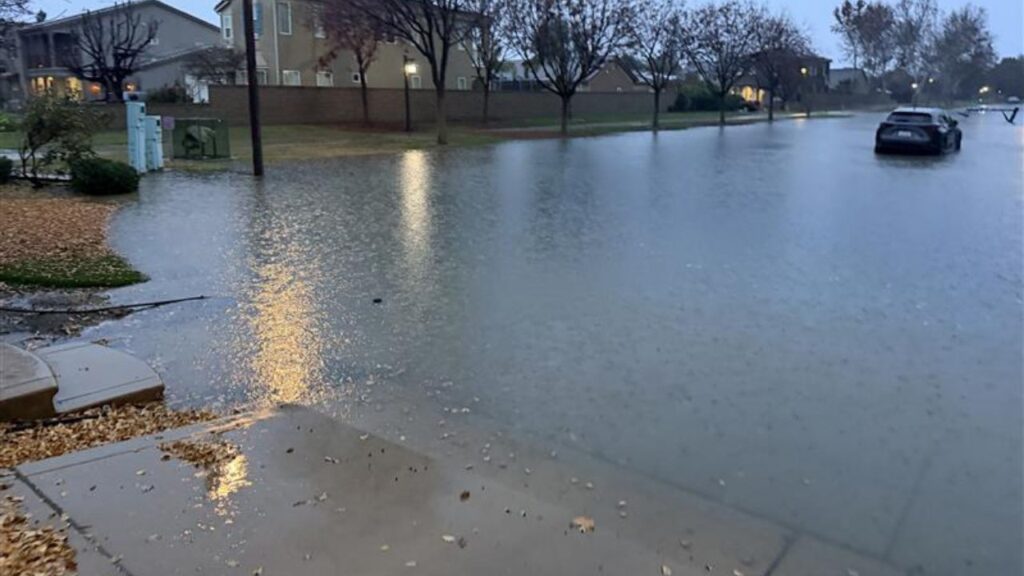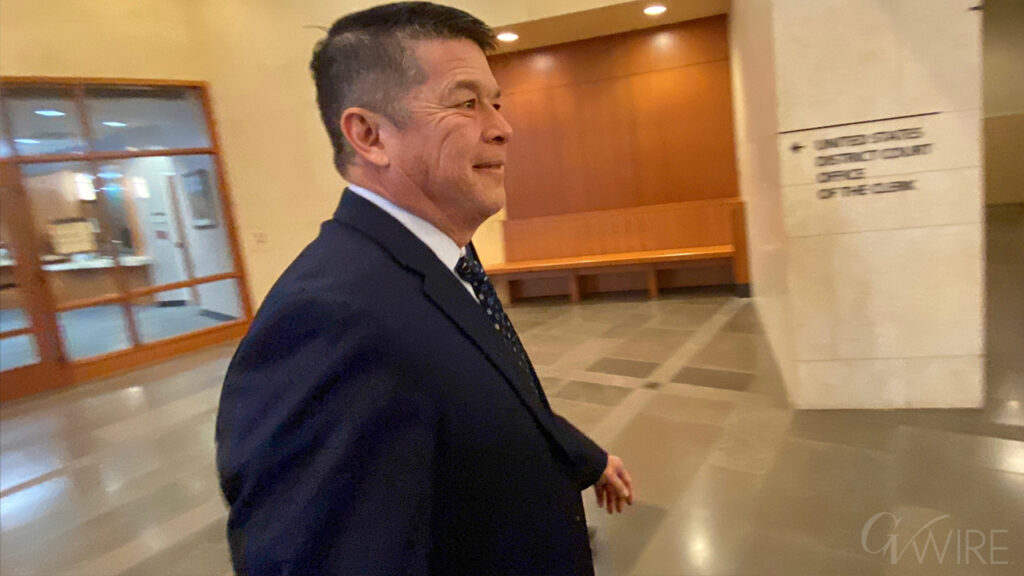Share
Although Fresno wasn’t one of the two California sites chosen earlier this week by federal and state emergency officials to be mass vaccination centers, Fresno County officials say they are lobbying hard for the Save Mart Center to be considered by FEMA and the California Office of Emergency Services.
“There are serious ongoing conversations about that (Save Mart) FEMA site,” Fresno County community health manager Joe Prado said Friday afternoon. “It’s not only at the state, it’s at the federal level as well.”

“There are serious ongoing conversations about that (Save Mart) FEMA site.” – Fresno County community health manager Joe Prado
Prado says the big parking lot at the Save Mart Center at Fresno State makes it a viable location for bringing in large numbers of people for vaccinations.
This week Gov. Gavin Newsom announced sites operated by FEMA and the California OES will be in Oakland and Los Angeles. Newsom specifically said the Oakland site would administer 6,000 vaccine shots a day starting Feb. 16. Those doses would be in addition to what Alameda County is already allocated, because the vaccine will be coming directly from the federal government.
Rep. Jim Costa, D-Fresno, told KSEE24 that he is in constant communication with FEMA and believes the Save Mart Center will be added to the list of federally-supplied vaccine distribution sites soon.
“We are all in this together, and it is going to get better,” Costa told the television station. “We are going to find ourselves in a situation in the next two to four months where we can provide enough vaccines for 80% of the country to be vaccinated.”
Fresno County interim health officer Dr. Rais Vohra said Fresno would be ready with an appropriate location if more sites are designated by emergency officials. “The sites that are coming to California, I think they’re coming in phases or waves,” Vohra said.
GV Wire℠ reached out to FEMA to see if the agency could report additional California vaccination site plans. “Given that the community vaccination sites are state-run and federally supported, we will defer to Cal OES,” FEMA Region 9 Public Affairs Specialist Robert Baker said.
Cal OES officials did not immediately respond for comment.
First Doses Being Offered in Fresno County Again

“I think the health care system has just gone through 60 days of really high impact traumatic operating conditions.” – Fresno County interim health officer Dr. Rais Vohra
Starting next week, first doses will become available again for people 75 and over in Fresno County, Prado said. Health teams will no longer hold doses back for second doses, based on assurances he’s gotten from state officials that second doses will be available when needed, he said.
Prado hopes the county’s share of vaccine will increase soon.
“We are in conversation with the state right now about potential additional doses. So we’ll report that report back on that later,” he said.
The county will begin to use the MyTurn (myturn.ca.gov) application provided by the state to schedule appointments at the Fresno Fairgrounds. It will also be slowly rolled out to the other sites in coming weeks.
Prado says the United Health Centers site at the Central East High School parking lot will open again for first doses. The Sierra Pacific Orthopedic location will again open next week for more second doses, but will also administer some first doses as well.
Health workers are focusing on getting elderly residents vaccinated as soon as possible. “We’re mobilizing multiple mobile teams,” said Prado.
Alternate Care Site Going Into ‘Warm’ Status

“It’s (CRMC alternate care site) still on standby there as well as the exhibit hall at the convention center.” – Fresno County EMS Director Dan Lynch
With COVID-19 numbers continuing to trend downward, Fresno County EMS Director Dan Lynch says the alternative care site set up in a building on the Community Regional Medical Center campus will be winding down on Feb. 12. It’s being put into a “warm” status rather than completely closing.
“It’s still on standby there as well as the exhibit hall at the convention center,” Lynch said. “We are not letting our guard down.”
The state’s latest numbers show Fresno County has a seven-day case positivity rate of 11.4% — down from roughly 19% a few weeks ago. There’s also 41.4 cases per 100,000 residents. That’s down from 76 per 100,000 residents on Jan. 12.
Vohra also believes the state is getting ready to rescind a requirement that was placed on hospitals a few months ago to be in disaster plan mode. That meant hospitals had to impose increased restrictions such as on certain surgeries and visitor policies.
“We’re sure welcoming that,” he said. “I think the health care system has just gone through 60 days of really high impact traumatic operating conditions.”
There are only two ICU beds available in all of Fresno County, and zero beds available in both Madera and Merced counties. But Vohra believes those numbers will dramatically improve in the coming weeks as reported cases continue to wane.
EMS ‘Assess and Refer’ Ends
Back on Dec. 21 because of the surge in COVID-19 cases and impact on hospital emergency rooms, the county started sending EMS paramedics with ambulances to determine whether a patient needed transport to a hospital emergency room.
If it was determined that a patient didn’t need to go to the ER, they would be advised to drive themselves to a nearby urgent care clinic.
That program ended on Monday.
“We discontinued it because the emergency departments seem to have a little bit more capacity than they did prior to us going into this assess and refer,” Lynch explained.
He said that while it was in effect 1,571 patients were referred to places other than a hospital ER. Lynch said the hospitals reported back to him that the program had a noticeably positive impact.
Mutant Strains
Vohra says he’s signing a memorandum of understanding Friday that will begin the process of testing for some of the variant COVID-19 strains that have already appeared in other parts of the state. He says he’s already got the backing of the California Department of Public Health to do this.
He wants to have a better handle on how many of these strains may be in the county as he anticipates a potential for increased spread. He says not every COVID-19 sample will be tested, but enough random samples will be checked to give a pretty good indication whether variants are in play here.
“We’re already anticipating that there may be a spring surge, that it may be beyond February, that it may be in March or April,” Vohra said.
[activecampaign form=25]RELATED TOPICS:
Categories

Wall Street Closes Near Record Highs, Precious Metals Rise
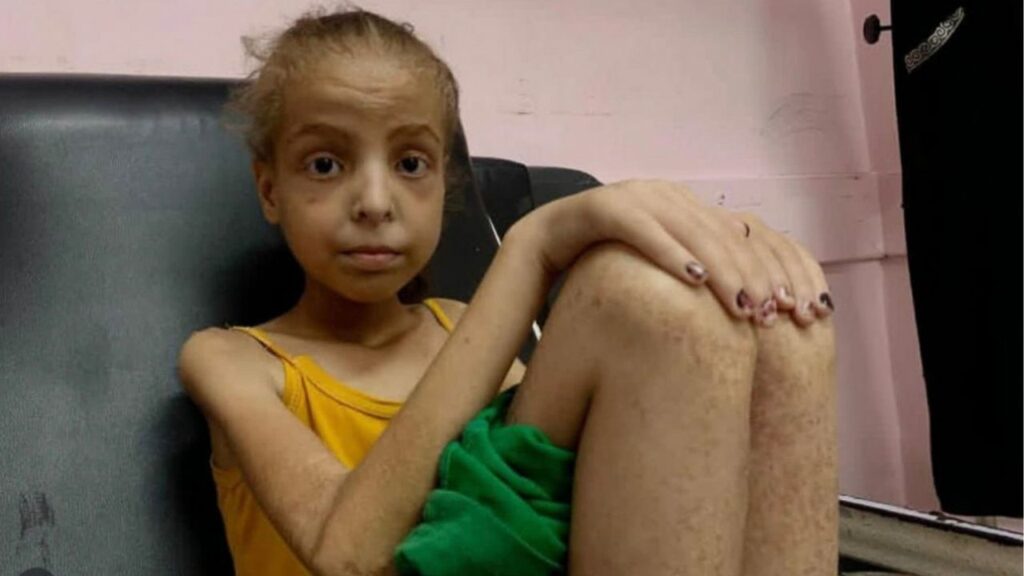
One Gaza Girl’s Fight to Survive Extreme Hunger
